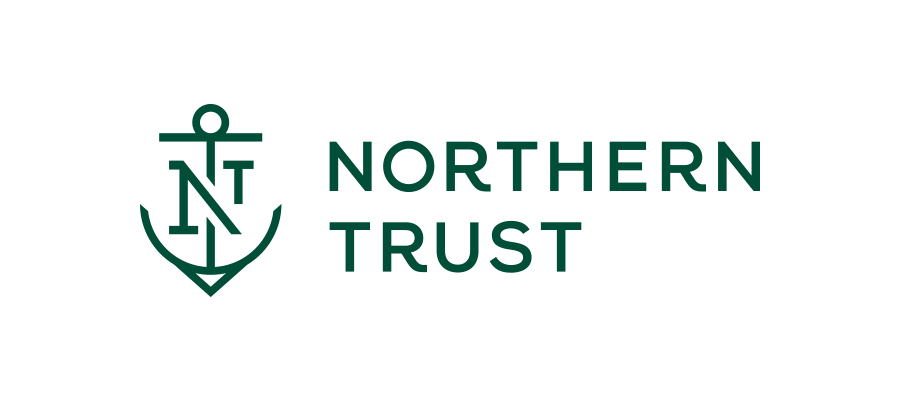Natasha Devon talks mental health

My hunch was we needed to start from where young people were, not where they might end up.
Natasha Devon talks mental health
I was ten when I had my first panic attack. Of course, this was in much less enlightened times, when my understanding of mental illness was restricted to a third-hand account of the plot of One Flew Over the Cuckoo’s Nest, so I didn’t know what was happening to me. I received a diagnosis of asthma and, when my inhaler didn’t work, it was concluded that I must have unspecified ‘allergies’. Fortunately for me, my secondary school was an environment where I felt safe, nurtured and cared for. I now understand that, when a child is adequately supported, it’s much easier for them to be ‘resilient’.
My troubles began in earnest when I went to university. I developed an eating disorder, something I now understand was a terrible coping strategy for anxiety and spent what should have been the best years of my life with my head in a toilet. After recovering from bulimia, I started to think about the way we discuss and understand mental health, in contrast to physical health. We all understand we have a body and pretty-much everyone has an awareness of the basic steps they can take to manage and monitor their physical wellbeing. We tell children to eat their vegetables and get some fresh air, for this very reason.
When it comes to mental health, we tend only to think about it when it goes wrong. My mental health education was restricted to awareness-raising assemblies which focussed on extreme case studies involving things like drug dependency, being sectioned and nearly dying of anorexia. These were important stories, but they weren’t given in any context. My hunch was we needed to start from where young people were, not where they might end up. I interviewed 500 teenagers and asked them a simple question – What did you wish you had been taught as part of your PHSE? The answers that came back were related to mental health, but they weren’t the mental illnesses you perhaps first think of when you hear those words – Things like body image, how to manage exam stress and bullying.
For the past twelve years, I’ve been working with experts in psychology and neuroscience to create lesson plans on the topics young people told me they wanted. I’ve been taking these classes into schools, colleges and universities throughout the UK and beyond and representing the voices of young people and teachers both in the media and at government level. It is, in my opinion, the best job in the world. Increasingly, however, I am hearing from children that their parents have mental health issues. In schools, one has a captive audience. When it comes to adults, stigma is still rife and it’s more difficult to deliver the message.
That’s why, in May this year, I teamed up with Bauer Media and Mental Health First Aid England to create ‘Where’s Your Head At’, a campaign to ensure we have staff trained in mental health first aid in every work place in the UK. Mental health first aid courses teach how to spot signs of common mental health issues like anxiety, stress and depression in a colleague, what to say (and what not to say) and what is appropriate to recommend in terms of further support and advice. Just like ‘regular’ first aiders, they are not a substitute for medical professionals but they do have the power to save lives. Furthermore, I believe the presence of mental health first aiders changes the culture of a work place. It allows us to understand that we all have mental health, that our wellbeing can fluctuate throughout our life and that it is possible to recover from and manage mental illness.
The idea that mental health issues are tied up with ‘character’ and ‘professionalism’ needs, desperately, to be challenged if people are to access the early intervention which is so crucial to recovery. I am taking our petition, which currently has 194k signatures, to Downing Street on 8 October. To find out more about the campaign and show your support, visit www.wheresyourheadat.org.







